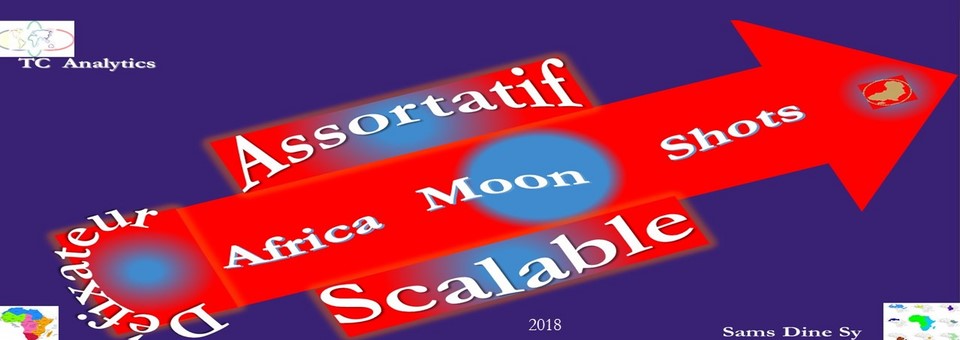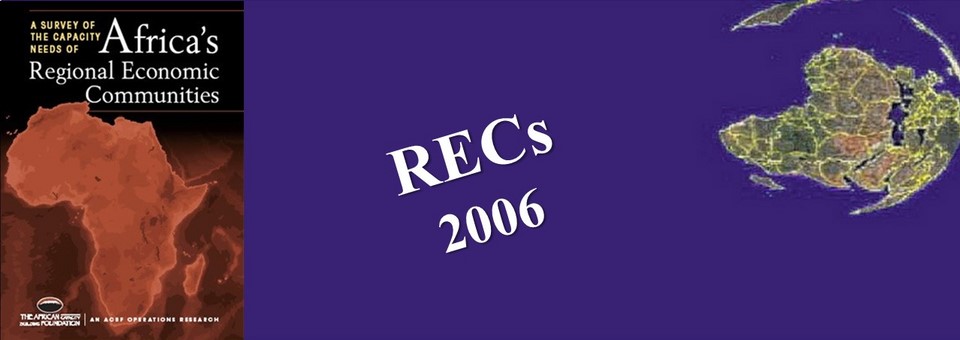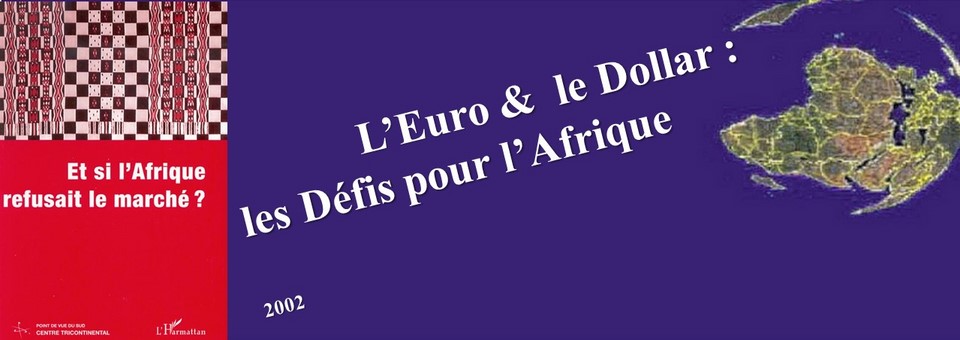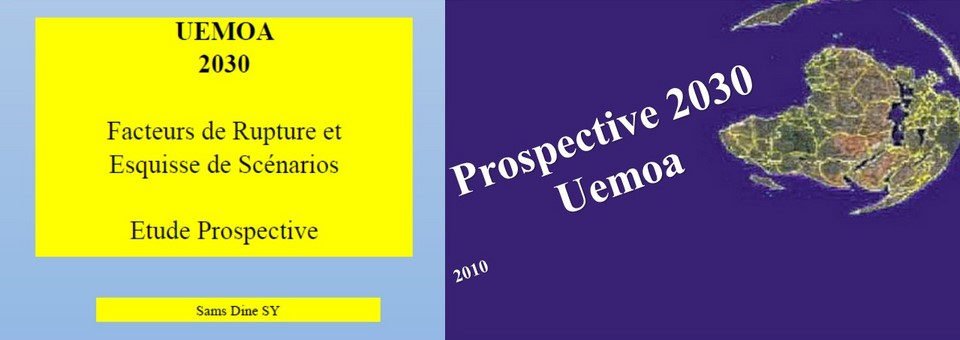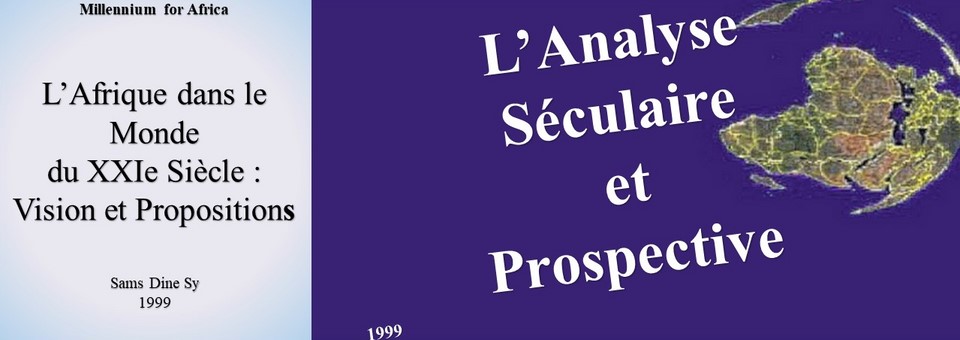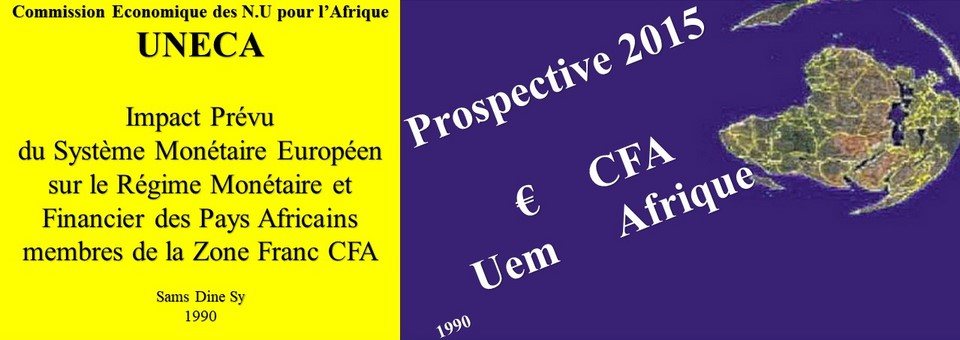POLICY ANALYSIS :
Deployment in AfricaFutur of Socialism
Futur of Socialism
The Senegalese people are struck by the events that have marked the life of the country for a decade and especially by the multiplication of emergency situations following conflict, crisis or disasters. It is first of all a series of warnings free of charge or with limited costs, even if they have caused traumas: Senegal-Mauritanian crisis, breakdown of relations with donors, devaluation of the FCFA, black-out of the Senelec, Sonacos explosion, Senegal-Guinean crisis (Bissau), political violence and other urban riots more or less teleguided.
With the beginning of the 2000s*, we witnessed a new series of events: crisis with neighbouring countries and with Côte d'Ivoire, violence in Casamance, the audit affair, climatic bad weather, rainfall deficit, dysfunctions of the Senelec and the groundnut sector which testify to the regional and national context of bad governance (poverty, precariousness, conflicts, corruption, coups d'état, low citizen participation. To crown it all, the tragedy of the Joola which exposes a series of failures throughout the Senegalese tactical, strategic and political system. The sinking of the Joola reveals the full extent of the state crisis and its inability to assist people in danger. The inability of the public authorities to open judicial information, when nearly 2000 people died, leaves a feeling of loss of legitimacy. While the vital interests of the nation are at stake, the uselessness of political leaders is discovered. The whole world has seen how vulnerable the institutional architecture is.
Following Montesquieu, we can say that "if the sinking of the Joola could have caused an immense repercussion in society, it is because general conditions existed which gave it its destabilizing force". These conditions undoubtedly include the decline of the socialist state. The fact that the Socialist Party lost the presidential elections after forty reigns, no doubt has something to do with the loss by the State of Senegal of a ship as full of symbols as it is of passengers. Such should be the main angle of attack of prospective socialism in Senegal in an uncertain world since it entered the age of terrorism and preventive war. This question must, however, be approached from a multidimensional perspective, given the existence of close links between the factors at the origin of the crisis affecting socialism, the national economy and the State of Senegal.
It should first be noted that this chronicle of events began in the mid-1980s when state socialism was at its peak in Senegal. It increased once the power that had been in place since 1980 was defeated by the ballot boxes, but without the effective instruments of market regulation and social risk management being put in place.
---------------------
*This exercise has a practical basis, since it was developed as part of a contribution by the author to a group of independent experts set up in early 2003 by one of Senegal's political parties, anxious not to limit itself to purely tactical political reflection.
...
...
